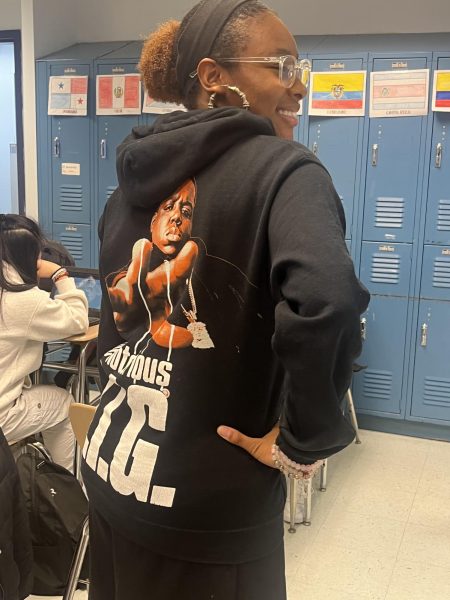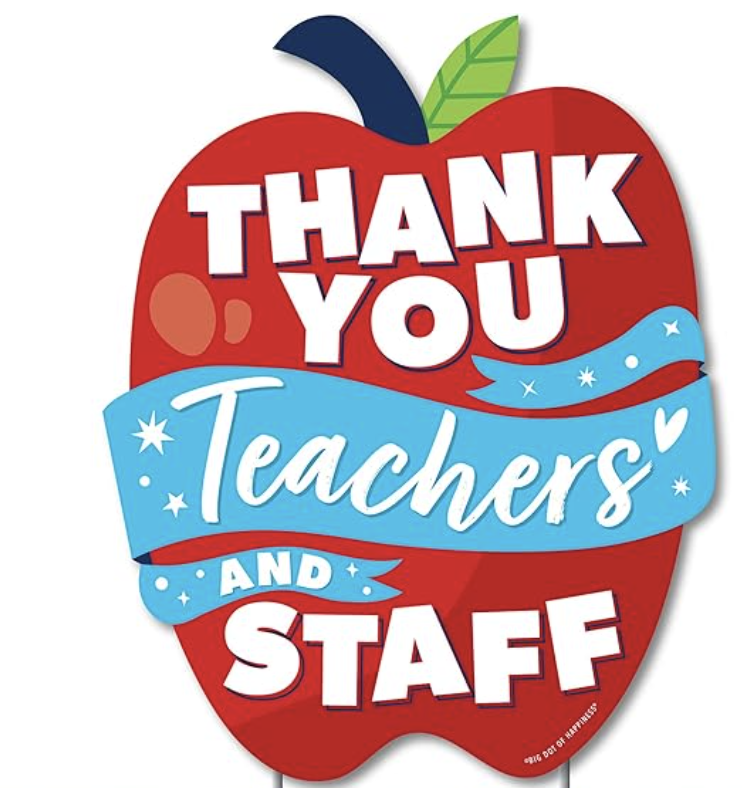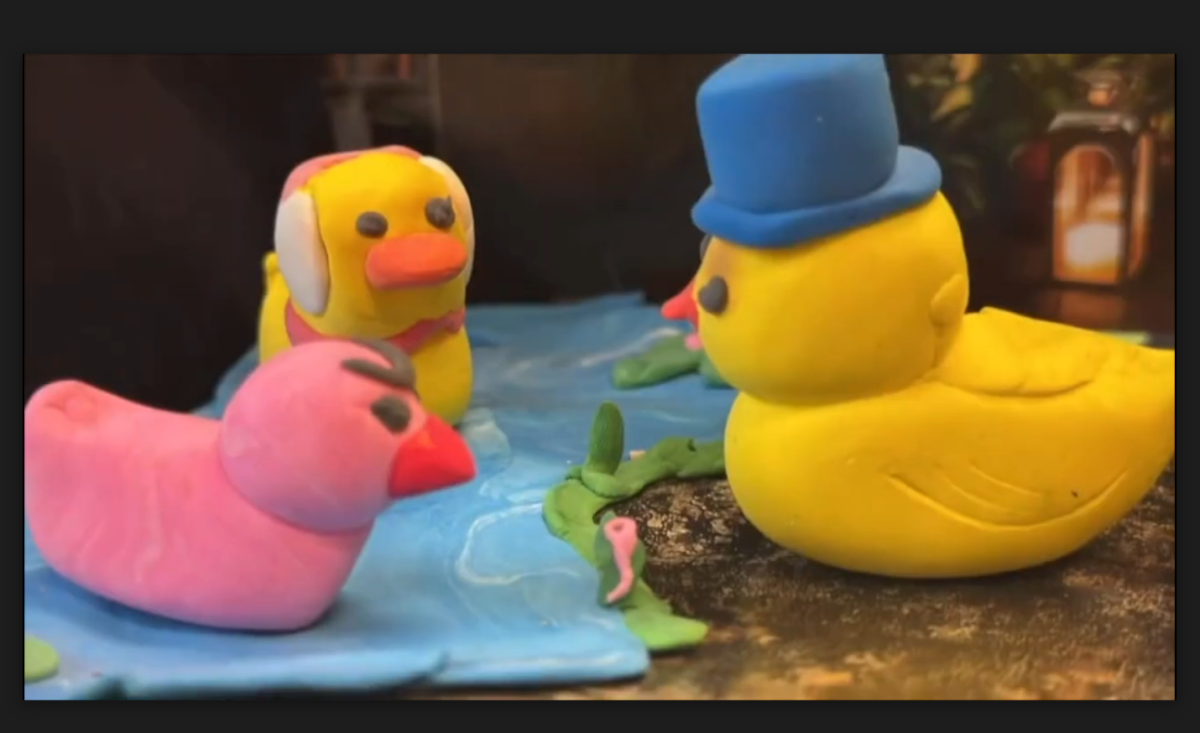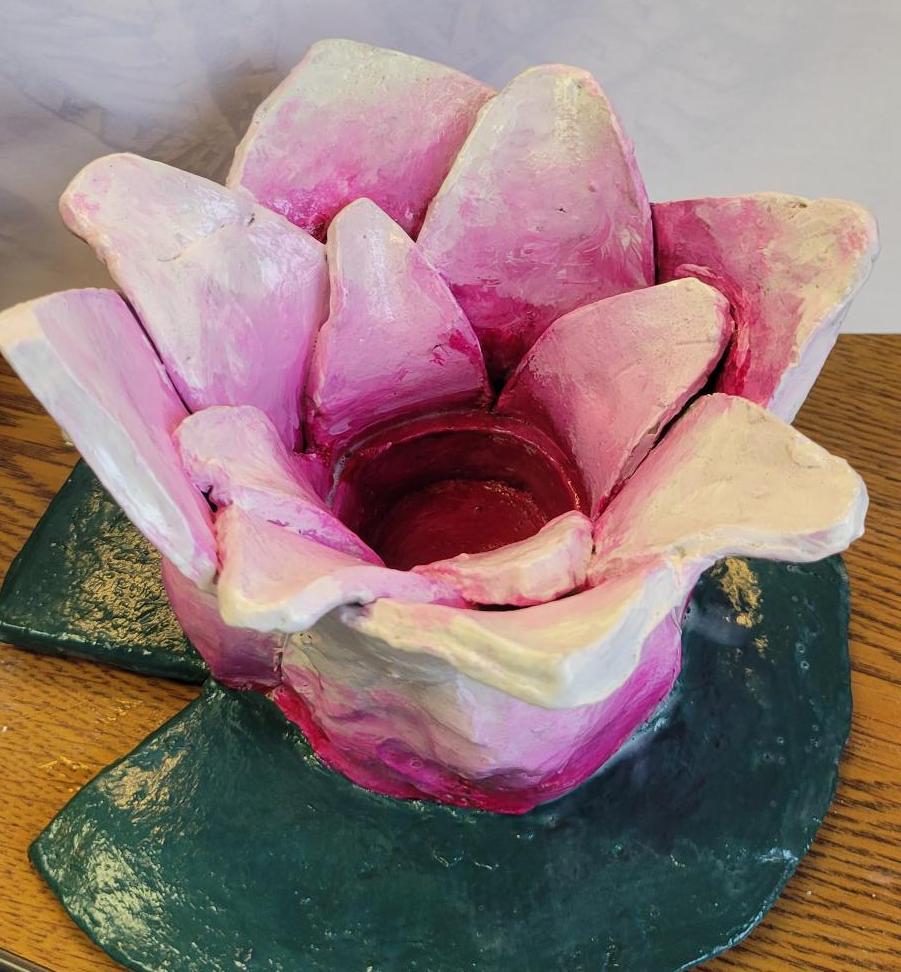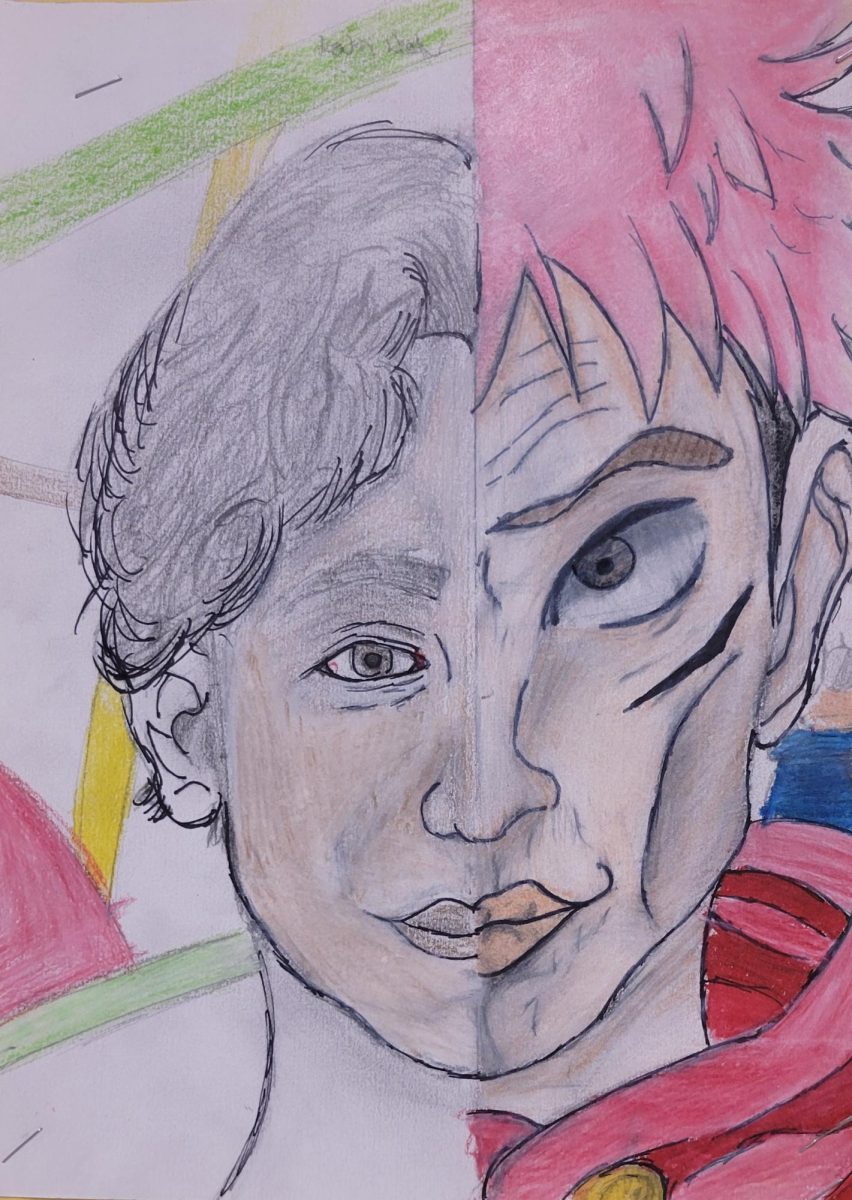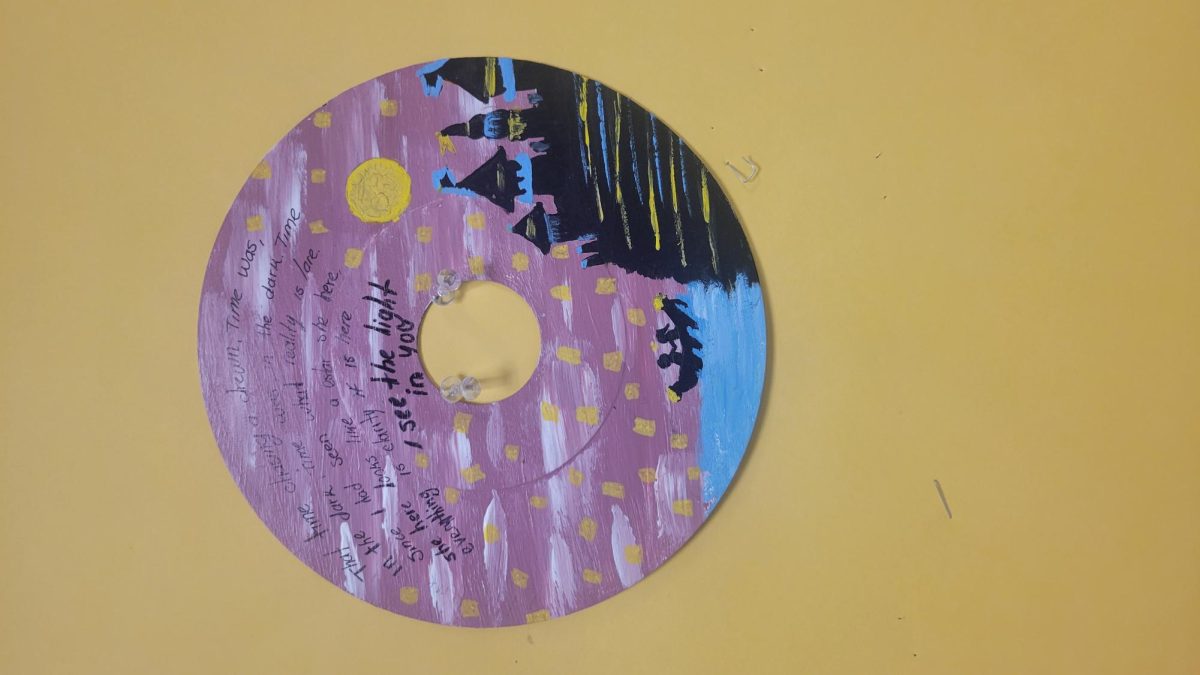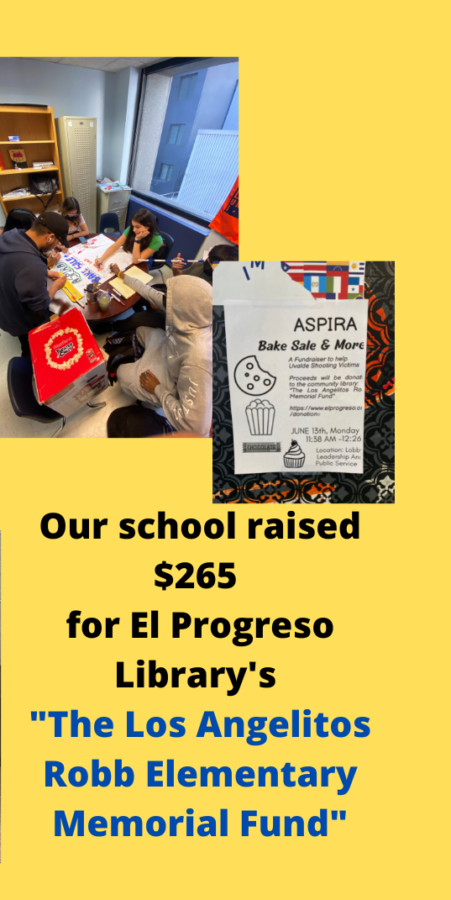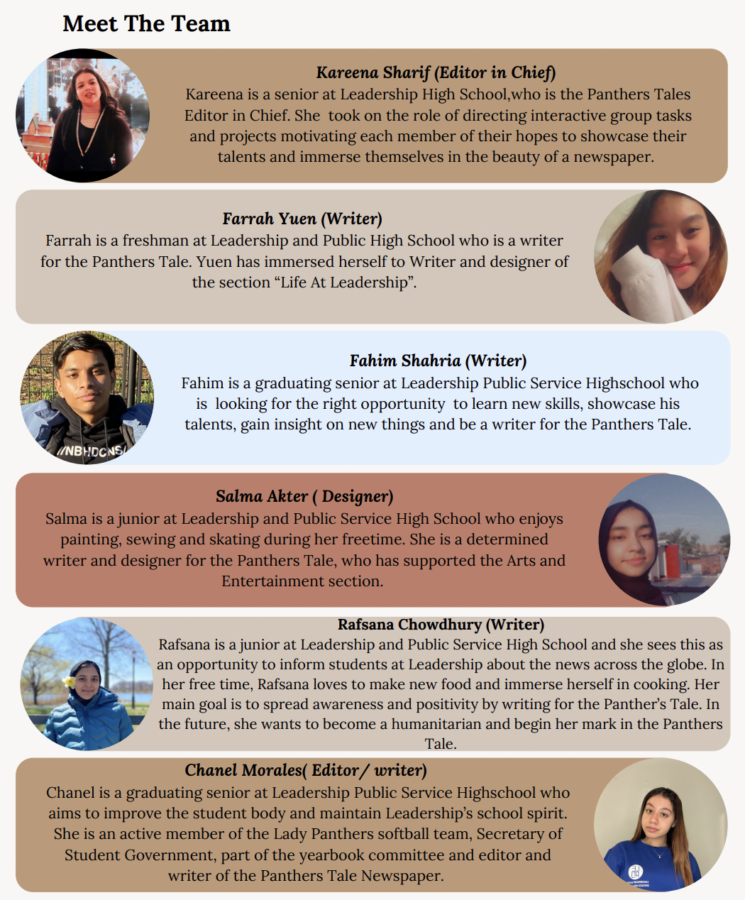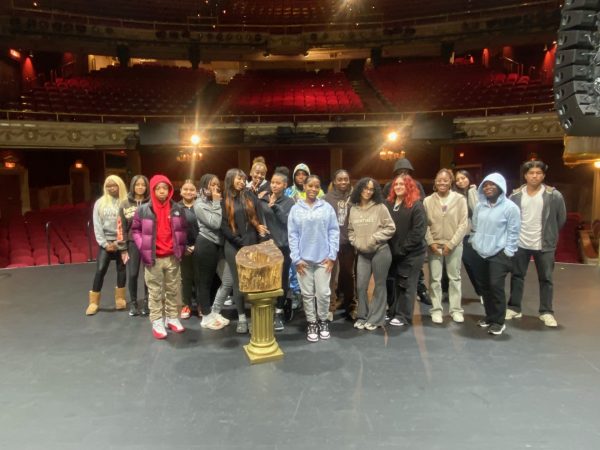
12/7/24
The Fall of 2023 kicked off with a new set of electives from True Crime to Theater. One of the most requested courses was African American Music History, taught by Mrs. Evans. A junior in the class said, “We learned about how musical genres created by African Americans transformed the United States.”
To learn more about the course, Lead News interviewed Mrs. Evans.
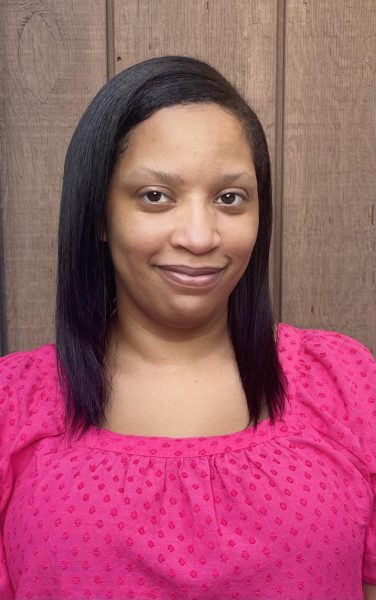
Gabrielle: What is the value in telling the untold story of the history of African American people?
Evans : As a former NYC DOE student who went to school in Queens, I remember not seeing a full representation of the African American people being taught in school. I remember that we were taught famous historical figures such as Frederick Douglass and Harriet Tubman year after year. The culture of Black history was often taught primarily during February which is Black History Month (which is the shortest month of the year). In my prior school, I felt as though it was a disservice to our student population to not highlight their familial history throughout the entire year.
Gabrielle: How does teaching an African American music class help you break away from white dominance in the education system?
Evans: This course allows me to teach about music sung on the plantations (street cries, field hollers, work songs, and negro spirituals) and how that connects to the U.S. prison system that has developed over time. As an unapologetically Black teacher, I always make sure that I am seen and heard in all of the environments that I am in. I used education as a way to break away. I felt as though if I did not become well-versed in my specific content area, I would struggle or not be validated. I quickly realized that jumping into the research of disparities in education would be the only way change can be made.
Gabrielle: How do you empower students to look beyond slavery?
Evans: I think regardless of the content it is important to make my lessons more inclusive to include different perspectives. Black culture is not just clothed in slavery. Teaching global history or U.S. history black culture looks different everywhere around the globe. It is important to also reinforce that black culture is not just African American, Black culture is inclusive of many different African nations and Caribbean countries and the story of how people arrived in different places is interesting.
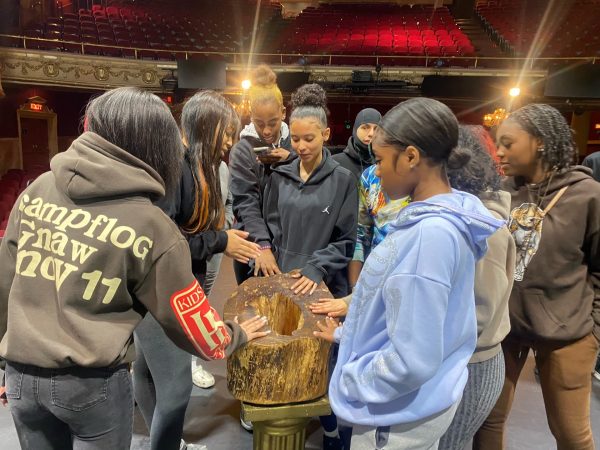
12/7/23
Teaching Afrofuturism provides an opportunity for students to see how black people have prevailed against all the odds. Afrofuturism shows us different examples of what it means to be black in America. It has given us a voice through art which demonstrates how African Americans have been a force of positive change and growth.
Gabrielle: I love Hip Hop. Your class includes studying the origin of Hip Hop and its beginnings in the Bronx. How do you make sure all students find a little bit of themselves in your class?
Evans: Music connects us. People can feel it and are moved by what they are listening to. I never learned much about my culture in school. It was often shared only by my family (mom, dad, grandparents, or extended family). I think discussions that families have are important but as an educator, I want to make sure I can provide a historical perspective for my students. I think it is important for students to learn about all cultures. I believe that is what makes them a better global citizen. Learning about the cultures and perspectives of others can help students to develop empathy.
